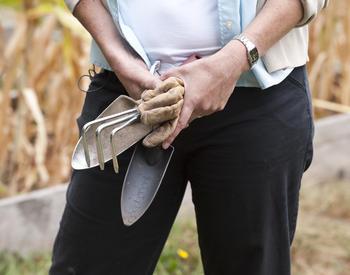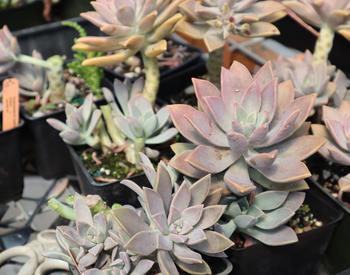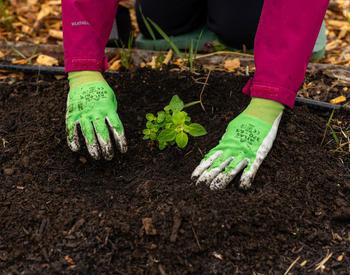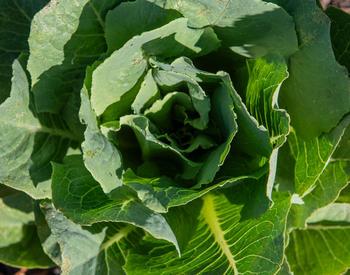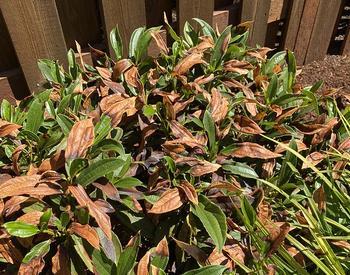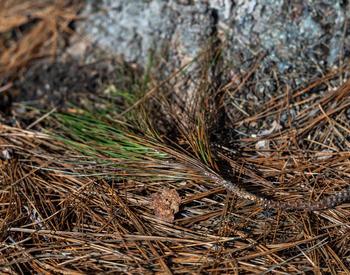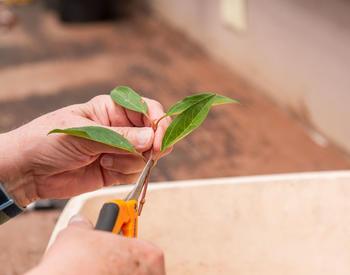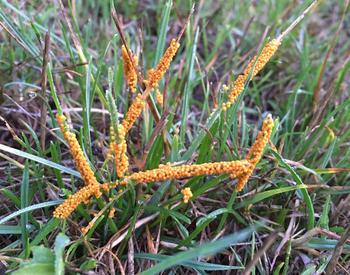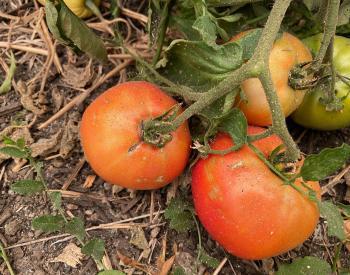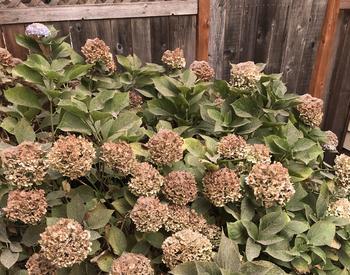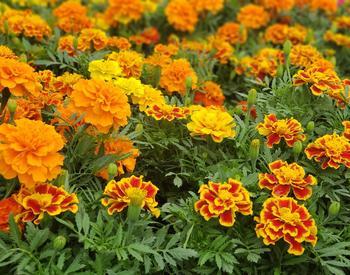That stack of shiny seed catalogs is growing larger and ever more tempting, holding a promise for the new gardening season. However, therein lies a powerful marketing trap. All those pretty pictures and the glowing descriptions that go with them are designed to make you want everything. The problem is that you can be persuaded to buy something that isn’t likely to grow well here or fails to live up to your expectations.
Learning the ‘lingo’ can help. Understand the difference between hybrid, open pollinated and heirloom. Do not assume that one is better than the others; it depends on what you want from a crop, keeping in mind how much space you have and your growing conditions.
- What is ‘bolt resistance’?
- Is there a difference between disease ‘resistance’ and ‘tolerance’?
- What are ‘days to maturity’?
- How best do the seeds ‘germinate’?
- Should you choose ‘determinate’ (DET) or ‘indeterminate’ (IND) tomatoes?
- What exactly is ‘old timey flavor’? Is it moldy?
Read every word of the description carefully; make sure you understand it. Don’t stop at ‘easy’ or ‘delicious’.
- What growing conditions are needed?
- How big or tall will it get?
- What are the days to maturity from transplant?
- Does it prefer to grow in spring or summer?
- Does it have any special needs?
- Is it disease, or bolt resistant?
Another question to ask; where is the vendor located? Plants that grow well in the Midwest or South may not do well in the coastal climate. Melons, sweet potatoes and okra won’t grow well outside here!
You must take off those rose colored glasses and activate your skepticism; take exciting descriptions with a grain of salt. All vegetables cannot be the easiest, sweetest or most flavorful. Those descriptions are designed to seduce you.
Beware, ‘baby’ vegetables may be very small and not at all good when allowed to get larger, but most full size veggies can be picked small. It is best to check the actual mature size of the product.
Tomatoes are probably the trickiest of all descriptions to decipher: so many tasty traps. Does ‘mild or non-acidic’ mean bland? ‘Days to maturity’ are with optimum conditions; on the Oregon coast, ours are not. Does ‘vigorous’ mean that it will grow 10’ tall? You really need to know whether you need a DET or IND tomato. Most heirlooms are IND, many hybrids are DET, bred for earliness and flavor.
If you only have room for one or two tomato plants it pays to choose wisely. What you get = what you plant + growing conditions.
Are the seeds cheap? Many times you get what you pay for. Can you ‘baby’ something along and risk that you will get nothing, or do you want something fairly easy and possibly even foolproof?
It makes sense to pay attention to descriptions, and buy quality seeds that are likely to grow in your environment.
